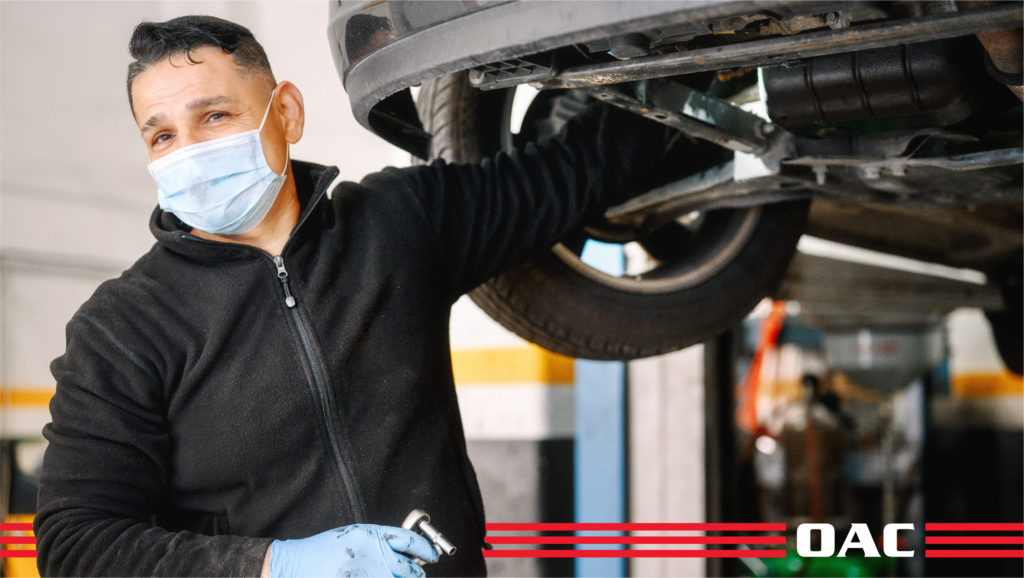
Whether you’re buying new or used, you’ll most likely have the option of purchasing an extended warranty with your vehicle.
An extended car warranty is a safeguard against unexpected maintenance costs after the manufacturer’s standard warranty is expired. It can be a bit of a gamble depending on if you end up needing the coverage. You pay more upfront or in your monthly payments to get that additional coverage in case something goes wrong. If you do end up with unexpected repairs, it can be quite beneficial to have the extension. You may or may not need the coverage in the end, but an extended warranty provides that safety net upfront just in case.
Here are some of the different types of coverage you might find with an extended warranty:
OEM parts
Most extended warranties will guarantee the use of original equipment manufacturer (OEM) parts. This means if you purchased a Honda, they will use original Honda parts to make repairs instead of aftermarket parts.
Bumper-To-Bumper
These types of warranties will cover almost anything in the car, not everything, but a lot. Coverage can range from something as complicated as the engine or transmission all the way to interior comforts like seat warmers or navigation.
Years or mileage
Many warranties offer limited coverage based on years or mileage, so an extended warranty could simply be an extension of what was originally offered with the vehicle. Meaning, if your original warranty was like Hyundai’s 10-year/100,000-mile powertrain, that means everything in the powertrain would be covered for 10 years or 100,000 miles, whichever comes first. An extended warranty might just add years or mileage to that original warranty.
Areas Of The Car
Some extended warranties are based on certain areas of the car. For example, you may be able to get an extended powertrain warranty, which will cover things like the engine, transmission, and other areas of the drivetrain. However, this won’t cover other things like interior components, air conditioning, or exterior items like clear coat, paint, and body panels.
Here are some points to consider when deciding if you should get an extended warranty:
You drive a lot
If you use your vehicle for work or simply drive a lot, you may want to consider an extended warranty as you’ll likely hit the mileage cap much sooner than other buyers.
You plan on having your car a long time
If you love your new ride and you’re planning on driving it for a long time, it might be worth the peace of mind to invest in the extended warranty.
You’re purchasing used
Depending on the used vehicle you select, there could be the tail end of the manufacturer’s warranty still available, but you might want to spring for the extended warranty just to give yourself some more coverage since you’re just getting the vehicle for yourself.
Warranty questions?
Contact any of our dealerships to learn more about the various extended warranties available for both new and used vehicles.
While great effort is made to ensure the accuracy of the information on this site, errors can occur. Please verify all pricing and installed equipment information with a customer service representative. This is easily done by calling us or visiting us at the dealership.
Customer may not qualify for ALL Rebates shown. Some rebates are stackable and others can and cannot be combined. See Dealer For Complete Details.
We improve our products and advertising by using Microsoft Clarity to see how you use our website. By using our site, you agree that we and Microsoft can collect and use this data. Our privacy statement has more details.